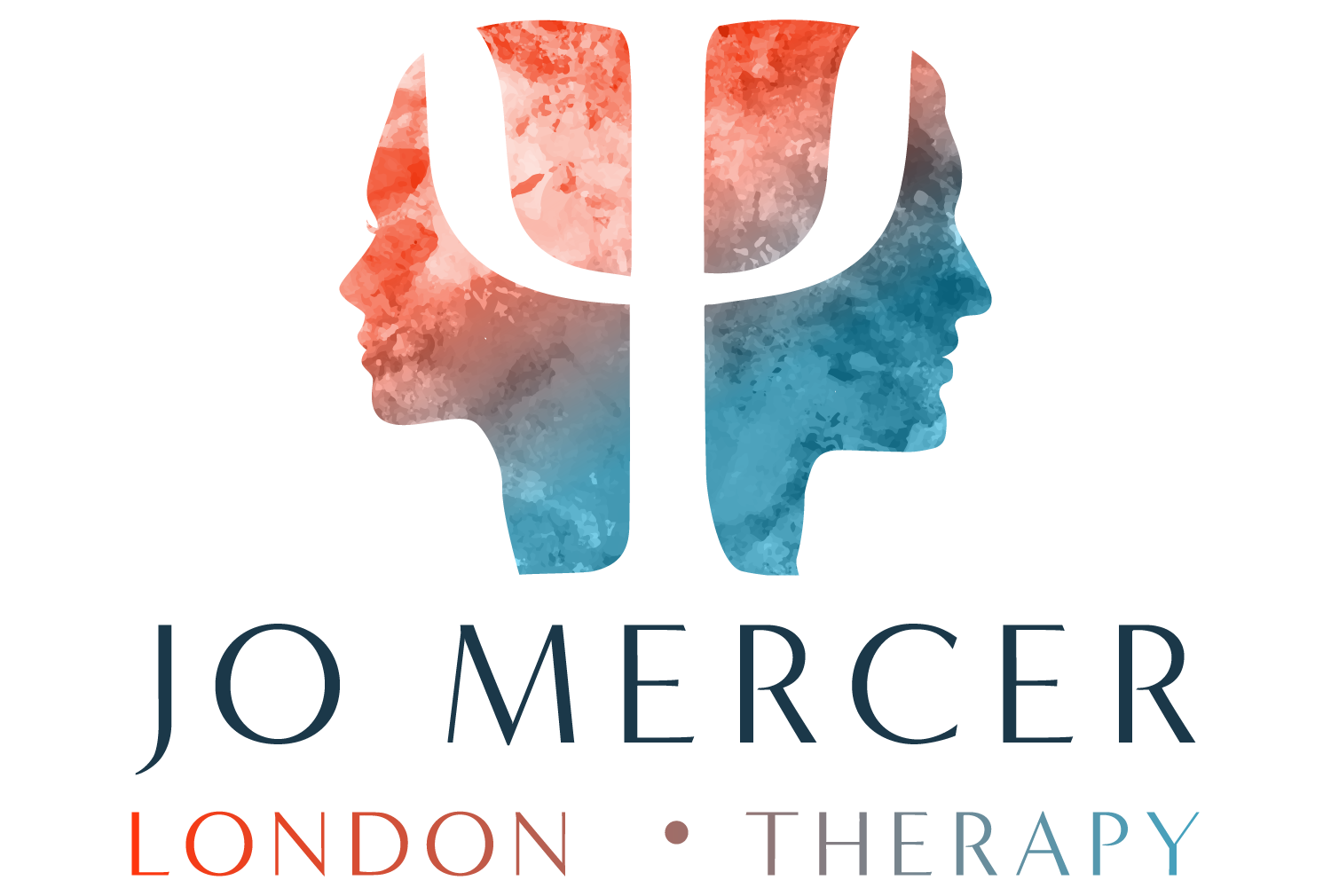Women and late-diagnosed ADHD
Historically ADHD has been a diagnosis primarily given to primary-aged boys. The stereotypical view is of a chaotic schoolboy wreaking havoc in the classroom, while the teacher pulls out their hair. In recent years this stereotype has been called into question. Whilst many boys with ADHD may present as physically restless and impulsive (“hyperactive”), girls with ADHD may express their hyperactivity internally with a restless mind. This internal hyperactivity is easily overlooked, as it is much less evident to the observer.
Girls with ADHD may present as introverted, dreamy, and distracted (“inattentive”), as though lost in their own internal world. In part due to these subtler “internal” manifestations, experts suspect that many girls with ADHD are still escaping notice - and missing out on diagnosis. It has become clearer that girls and women with ADHD have been overlooked, their struggles misunderstood and attributed to other factors. Misdiagnosis is not uncommon. As awareness grows, more women are being diagnosed with ADHD later in life, which has drawn attention to the unique challenges they face and the profound impact it has had on their lives.
Women given a diagnosis of ADHD later in life often report that their difficulties have often been dismissed as “just” depression or anxiety, and they have spent a lifetime grappling with feelings of inadequacy and frustration without understanding the root cause. They may have a pervasive sense that they fall short of societal expectations if they have struggled in education, at work, and in relationships. Many women describe a sense of relief on receiving a diagnosis, as it validates their experiences and provides a framework for understanding their challenges. However, this revelation often gives rise to a mix of emotions. Revisiting earlier life experiences with new understanding can bring a profound sense of grief and sadness for opportunities lost.
Women with late-diagnosed ADHD may have contended with a pattern of underachievement and inconsistency in education and in the professional realm. Despite their intelligence and potential, they likely struggled to stay organised, manage time effectively, and maintain focus, which can lead to a painful cycle of frustration and self-doubt. It is not unusual to have experienced career setbacks and feelings of unfulfilled potential before understanding that ADHD plays a significant role in their struggles.
Similarly, there may have been relationship difficulties. ADHD can present challenges in forming and sustaining intimate connections, as it may affect communication style, emotional regulation, and the ability to follow through on commitments. Without knowledge of their diagnosis, Women with ADHD may have faced misunderstanding and judgment from partners, friends, and family, compounding feelings of isolation and alienation.
Many women with ADHD have battled anxiety, depression, and low self-esteem as they attempted to navigate a world that seemed to demand more of them than they could consistently deliver. The constant struggle to meet societal expectations while grappling with undiagnosed ADHD may have taken a very significant toll on psychological well-being and quality of life.
Furnished with a new diagnosis and some understanding of their condition, many women seek to embark on a new journey of self-discovery. Finding a neurodiversity-affirming therapist can support this journey. Psychodynamic psychotherapy is an interactive and collaborative endeavour between therapist and client, suitable for anyone who wishes to develop greater self-awareness and a deeper understanding of their history and their relationships with others.

